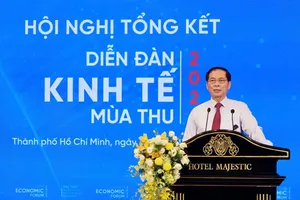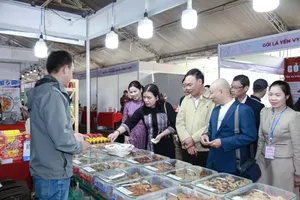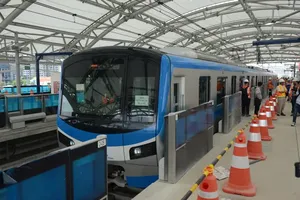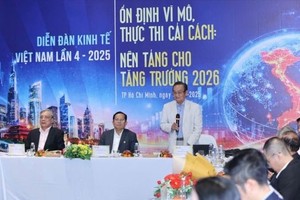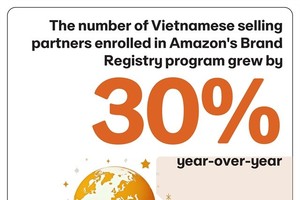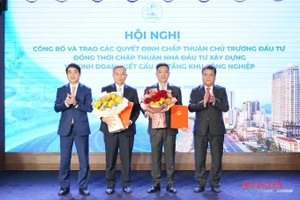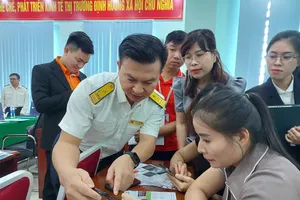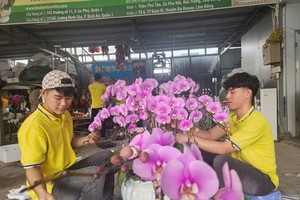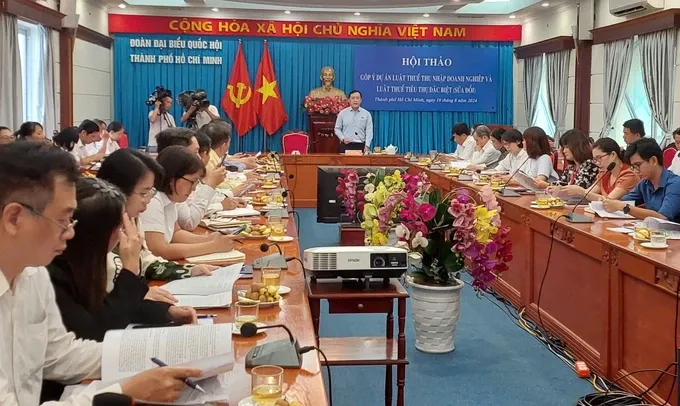
Numerous opinions were expressed regarding the instability of CIT incentives, making the application of the law extremely challenging.
Deputy Head Tran Viet Ha of the HCMC Export Processing and Industrial Zones Authority (HEPZA) pointed out that incentives for infrastructure investment, FDI, domestic enterprises in export processing zones and industrial parks have fluctuated significantly over the years.
Previously, only FDI organizations received incentives under the foreign investment law. Later, general investment incentives were applied to all enterprises with investment projects. With Vietnam's accession to the WTO, incentives related to export ratios and processing enterprises were eliminated. Around 2010, incentives for enterprises investing in industrial parks were also removed, only to be reinstated a few years later.
Deputy Head Ha then cited an example of an FDI company or an investment project established around 1996-1997. These organizations would have to continuously adjust their investment scale and technology over time. However, each period had different applicable policies, leading to difficulties for even the investment management agency to determine the incentives that an enterprise was entitled to.
“I believe that we are shifting the burden onto investors. The fact that both state agencies and businesses themselves are not certain about these policies has severely worsened the investment environment. When investors ask investment management agencies about the incentives they are entitled to, we cannot give a definitive answer.”
HEPZA’s Deputy Head Tran Viet Ha
Ha also suggested that the draft law should not exclude investment projects in industrial parks and infrastructure construction projects from the list of preferential industries. The rationale given by the drafting agency was to ensure that tax incentives were focused and avoided spreading resources too much. However, investment in industrial parks and attracting manufacturing enterprises to export processing zones and industrial parks remains a priority for Vietnam.
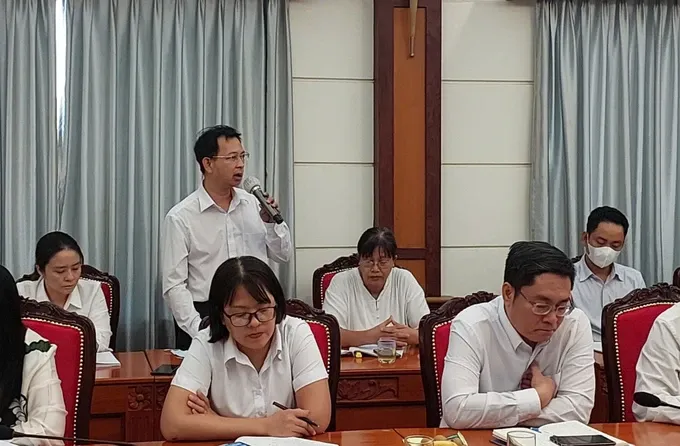
Lawyer Nguyen Duc Nghia from the HCMC Union of Business Association (HUBA) acknowledged that the draft regulations on CIT incentives were more detailed than the current law. However, he expressed concern that the regulations were overly detailed, while the principle of tax policy is that regulations should be clear, easy to understand, and easy to implement.
He also raised the issue of fairness between domestic and FDI enterprises in applying incentive policies. He stressed that these tax rates should not be so complicated, as it makes implementation difficult and can lead to collusion, responsibility evasion, and corruption.
From his practical experience of tax-related consultation, he reported that most errors in tax consulting are related to the application of tax incentives. Policies should be simple and easy to understand. Dividing incentives into many categories, as the current draft proposes, is not in line with the principles of tax policy and creates loopholes that are difficult to address later.
Therefore, he suggested applying a minimum preferential tax rate of 15 percent instead of the current 10 percent. In cases where certain sectors or industries require more incentives, the duration of the incentives could be extended instead of reducing the tax rate. Reducing tax rates is a practice that the international community has deemed ineffective.





